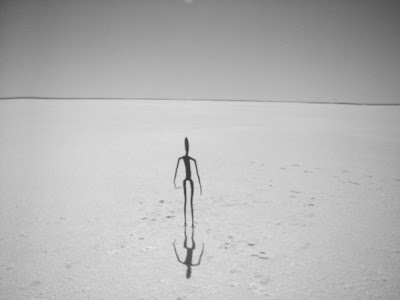I ctually don't have any words for it, just watch.
Not by me, but I feel like it's about something I make it my mission to make other people aware of.
Tweet
"I did A-level psychology, and we were taught that the BBC exists purely to manufacture the thoughts, attitudes and opinions of the nation. It sets the social scene and dictates the mental & emotional life of the country.
They use really clever techniques to do it as well, based on decades of research into 'attitude change' and 'behaviour modification and control'. For example, during television news reports when they're trying to make the audience believe 'the story', they always get randon people on the street to give their opinion on the matter. Then they edit Joe commoner's opinion into the report. This practice or technique is based on 'social learning theory'. It was a school of psychology in the 60's which conducted tons of research into how to change, manipulate or dictate people's general thoughts and attitudes.
Anybody heard of 'The Bobo Doll experiment' by Bandurra & Walters? They discovered that if they could focus an audiences attention on a 'model' (average person giving an opinion in the news report), then the audience would 'immitate' and 'assimilate' any thought, opinion, attitude or behaviour being expressed by the 'model'.
So when you watch the BBC 6 O'clock news, and they're programming you with so called facts and truths, dictating to you what is right & wrong, good & bad.....look out for Mr 'average bloke on the street' to pop up and give you his opinion (which is always consistent with the news report - unless they get a social undesirable on to show you what unbelievers are like).
Just a quick lesson in mass media brainwashing, courtesy of my Psychology A-level."


"The Difference Between Design and Fine Art in a Modern Context; How Professionals Define Their Practice Within That Framework"The reason I have chosen this subject is because from the moment I started foundation at Camberwell I have never been able to define a clear, theoretical difference between the two disciplines.
Contact me: mattgaffen@gmail.com |
